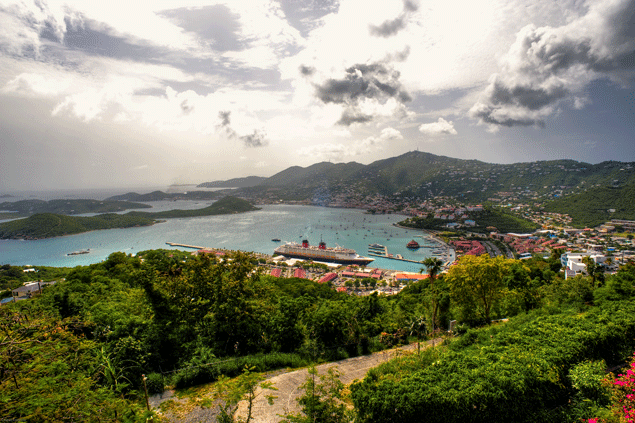CBP gauges automation of US Virgin Islands’ trade entry process
14 February 2016
By Jeffrey Quiñones, J.D., CBP Office of Public Affairs - Puerto Rico and US Virgin IslandsIn an effort to improve the United States Virgin Islands’ (USVI) paper-based entry process for all imported commercial products and expedite the importation process, US Customs and Border Protection (CBP) announced on 2 February 2016 that they would continue to assess a viable way to incorporate the USVI into CBP’s Automated Commercial Environment (ACE), which provides for modern, streamlined trade processing across all sectors.
CBP requirements in the USVI are unique because the islands operate under Danish Public Law 64; a law that has remained in effect since 1914, with the sale of the islands to the US by Denmark. This deal was finalized on 17 January 1917 when the US and Denmark exchanged their respective ratifications of the 1916 Treaty of the Danish West Indies.
San Juan Field Office Assistant Director for Trade, Edward Ryan, and ACE Single Window Director, Stephen Hilsen, visited the port area of St Thomas to gather information about the current cargo clearance process in the USVI in which all Customs entries are made in person by Customs business service companies and importers. This current lack of electronic communication creates a heavy paper environment at all USVI ports of entry.
In addition, CBP visited local USVI Customs business service companies to gain some insight into the needs of the trade community, with the aim of improving and facilitating the Customs declaration process. “We need to make the trade entry process in the USVI more customer friendly,” stated Ryan. “By automating the Customs entry process, we can be more efficient in working in the USVI, and better support our partner government agencies.”
Located in the Caribbean, about 60 km east of Puerto Rico and immediately west of the British Virgin Islands, the USVI are a territory of the US that is neither a part of one of the 50 US states nor the US federal district of Washington, D.C. US federal government statutes require CBP to collect Customs duties on behalf of the USVI, and they have the authority and broad discretion to administer the Customs laws of the islands.
More information
Jeffrey.h.quinones@cbp.dhs.gov
